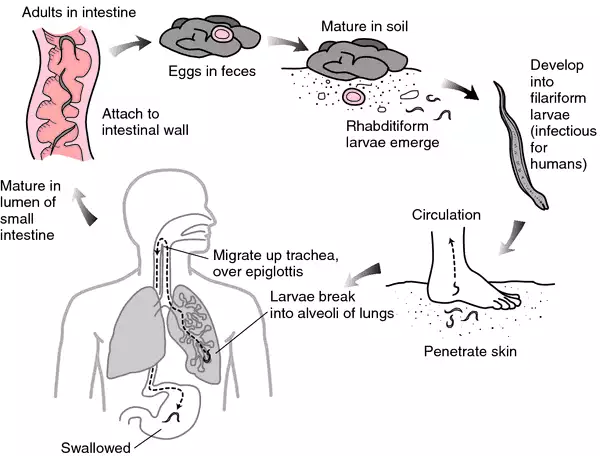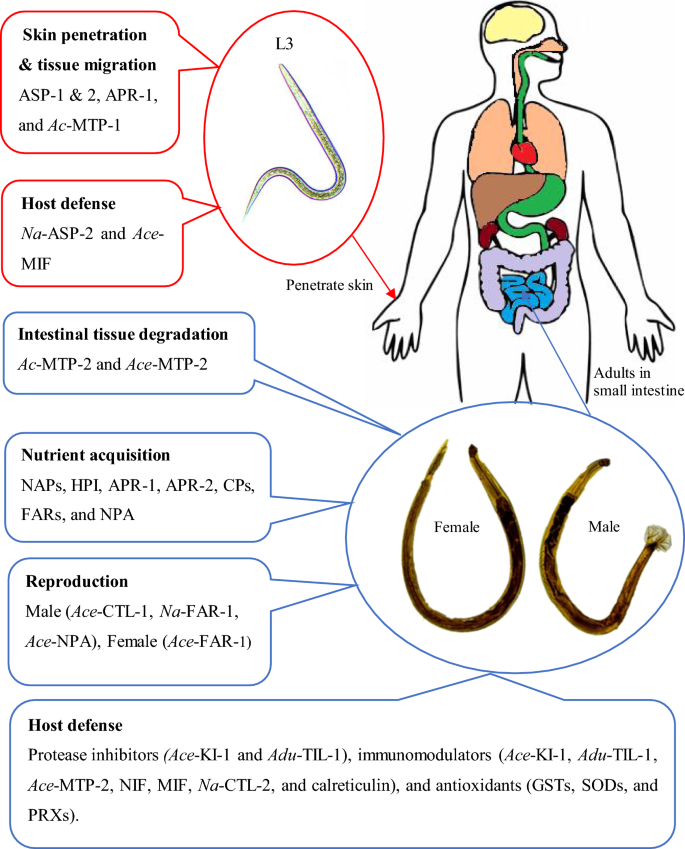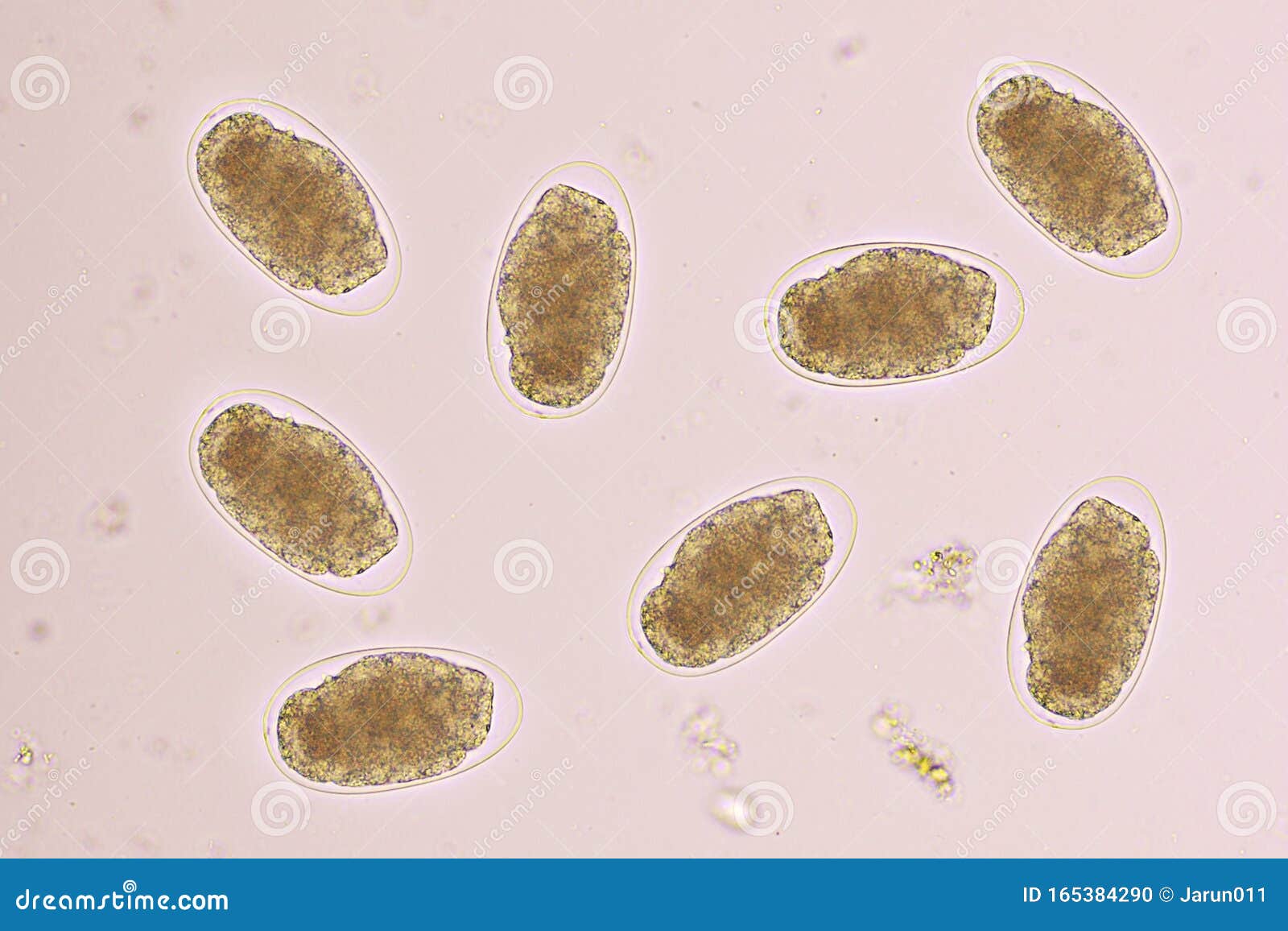

Hookworms in cats may lead to several symptoms and it is not uncommon for the cats to vomit the worms. Nursing mothers are supposed to be treated along with their kittens. The frequent treatment schedule is because of the high rate of infection that are found in kittens.Ī fecal examination is supposed to be conducted 4 times during the first year of life and 2 times per year in the adults. Kittens are supposed to be treated for hookworms after every 2 weeks between 4 and 9 weeks of age, which is then followed by administration of monthly treatment. When the animal becomes pregnant, they then migrate to mammary glands and passed through milk. When a cat is infected with hookworms most of them migrate to the smallīut, some of them enter other tissues of the body, thus becoming dormant for several years.

This leads to bloody or even black stool and diarrhea.
/hookworm-overview-4176230_FINAL-5c05c35ac9e77c0001e0b249.png)
This means that your cat’s intestines might be bleeding in many spots and that their bodies might not clot blood as well.

This particular little worm also detaches and then reattached to a new area on cat’s intestine after every few hours.
#What do hookworms in humans look like skin#
After an infection through the skin or even ingestion of the worms, internal symptoms might appear after about 17 days.Look for indications of pruritus while these conditions may have several causes, hookworm dermatitis always appears on pads of paws and then disappears within a period of 5 days. If your cats become infected with hookworms later in their adult life, then there’s a chance that the parasite entered through the skin.Watch out for the signs, as the infection may be fatal if you don’t take immediate action of taking the kitten to the vet.Additionally, affected kittens will have blood in stool, which appears in a dark reddish brown or black color. So aside from the symptoms, infected kittens will often be having stunted growth, less amount of energy, and lower weight. Hookworms in cats may lead to malabsorption, protein deficiencies and diarrhea.The first symptoms begin to show at about three weeks of age in your kitten, and it’s vital that you take an immediate action, otherwise the little worms may lead to your newborn pet some trouble.Because hookworms in cats may be transmitted during pregnancy or via a mother’s milk, puppies and the kittens may be infected with the hookworms from the first day.The symptoms of an infection might vary from being subtle to overt, largely depending on your pet’s age and the number of hookworms in the cat’s body. Hookworms in cats are normally intestinal parasites which feed on the blood of your cat.


 0 kommentar(er)
0 kommentar(er)
